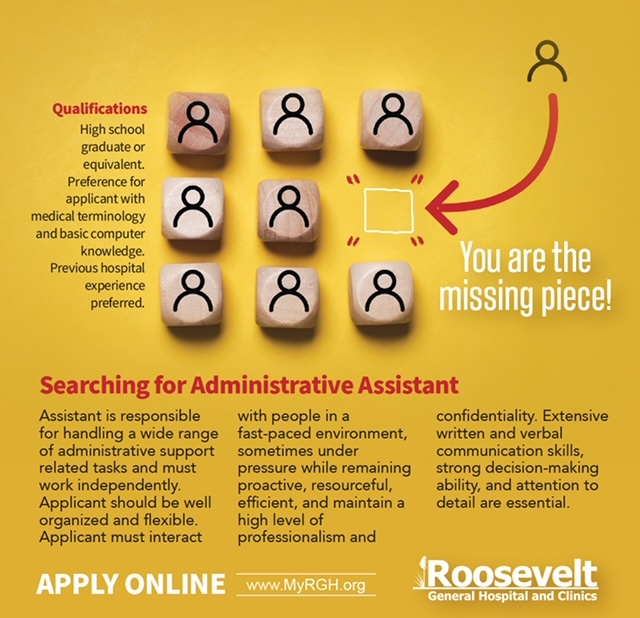By John Spurling
But you must remain faithful to the things you have been taught. You know they are true, for you know you can trust those who taught you. You have been taught the holy Scriptures from childhood, and they have given you the wisdom to receive the salvation that comes by trusting in Christ Jesus. 2 Timothy 3:14–15
I am a great driver! I always wear my seatbelt, never speed, and never, ever use my cell phone when driving.
Ok, ok, I almost always wear my seatbelt, speed occasionally, and try to limit my phone usage while operating a motor vehicle. The fact is, I’ve been driving for more than 30 years and, while self-critique can be dangerous, I truly believe I’m a very good driver. Up until a few years ago, my opinion went largely unchallenged. Then my teenage daughter began driver’s education classes, and I quickly learned what a little bit of knowledge could do in the not-yet-fully-mature mind of a 16-year-old.
It was evident every time the two of us were in the car together. Now, I was being watched! I was being critiqued! And my failure to follow “textbook procedures” was mentioned with regularity. When the time came for my daughter to move from classroom learning to actual driving, my wife determined that the parental responsibility to train our daughter was mine. That was the day I found a safe parking lot near our home and took the leap. I moved over from the driver’s seat to the passenger’s seat.
Those few feet made a huge difference. From that moment on, my prayer life changed forever. Now my baby girl was the driver, and I was the instructor. As a seasoned veteran with years of driving experience, it was my responsibility to take what I had learned and train my daughter to be a safe, defensive driver. Someone who always wears her seatbelt, never speeds, and never, ever uses her phone while driving…just like her dad!
Teaching my daughter how to drive helped me to better understand a part of what it means to be equipped for life and good works. Equipping happens when church leaders and other mature believers who have successfully navigated through the busy streets of life are willing to guide less experienced believers who are learning how to live out their faith. Some people may call it mentoring or training…others simply call it friendship. Whatever you call it, the need to be equipped to do God’s work includes interacting with more mature believers who come alongside you to offer wisdom, guidance, and direction (Ephesians 4:11–16).
The truth is everyone is a “student driver” when it comes to living out our faith, and it’s God’s desire to equip us each day through His Word and His Spirit (2 Timothy 3:16–17; John 14:25–26). Growth and maturity take time and require the seasoning of life experiences before we are sufficiently prepared to navigate our way through life’s greatest road tests. This was true even for Jesus Christ. Though we know very little about His early years, the Bible does tell us He was a young man who lived under the guiding hand of His parents and the influence of others “as He grew in wisdom and stature” (Luke 2:51–52).
Eventually, Jesus began to travel as a teacher, guide, mentor, and friend who focused His attention on building strong relationships with those who would carry on His mission and vision. He modeled proper behavior and a perspective on life that inspired others to follow in His dusty, well-worn footsteps. As they followed Him, they observed how He lived, what He said, and how He responded to situations that challenged His unwavering devotion to His Father. With the reality of Calvary consuming His thoughts, Jesus sent His equipped disciples out in pairs to face the world (Mark 6:7; Luke 10:1–3). He gave them instructions on what they were to say, what they were to do, and how they were to conduct themselves. Most importantly, He gave them authority over every evil spirit.
Jesus’ method for equipping His disciples wasn’t a new concept or breakthrough leadership principle. This form of intentional spiritual mentoring is found throughout the pages of Scripture in the lives of people like Moses and Joshua, Elijah and Elisha, and Paul and Timothy. Jesus knew His days on earth were limited and the time to train His friends for ministry would quickly come to an end. Soon the movement He had started would be in their hands, and eventually, the gripping fate of a martyr’s death would become reality for many of them as well. So what Jesus taught, how He lived and the example He set were all carefully modeled so those close to Him would learn and grow.
What about your life in Christ? As you reflect on your journey, are you a student driver or an instructor? Maybe both are true for you! Regardless of where you are on the road to spiritual maturity, it’s important for you to have mentors and friends who are wisely guiding your footsteps and teaching you how to drive. And if you’re an experienced driver, examine your life today and ask yourself these important questions: What investment am I making in the people around me? Am I investing what God has taught me when I spend time with those who are less experienced? If your answer isn’t a resounding “yes,” then take on the challenge to give a few driving lessons to those who are trying to keep their life on the narrow road of righteous living. We all need help, and we all need each other.
We often think of a disciple as a student, but being a disciple was far more than just being a student. The goal of a disciple wasn’t just to know what the rabbi knew, but to be just like the rabbi.
~ Rob Bell
Memory Verse
So Christ himself gave the apostles, the prophets, the evangelists, the pastors and teachers, to equip his people for works of service, so that the body of Christ may be built up until we all reach unity in the faith and in the knowledge of the Son of God and become mature, attaining to the whole. Ephesians 4:11–13






























